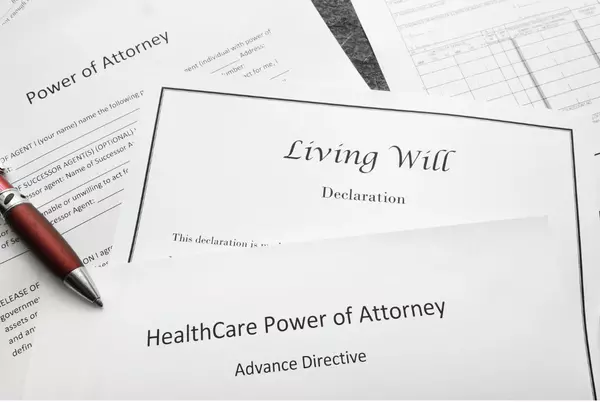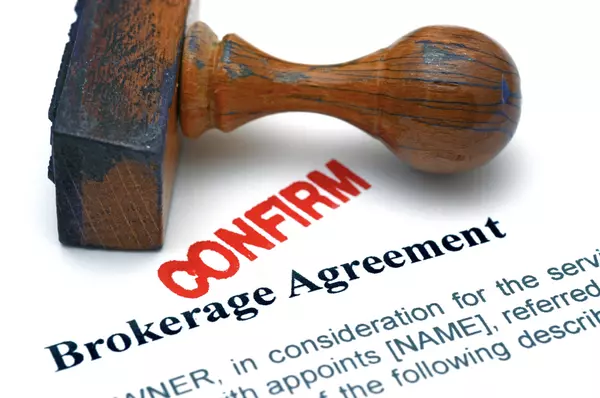Dealing with the estate settlement process can be an overwhelming and emotionally charged task. Whether you’re acting as an executor or assisting a loved one through this process, staying organized is crucial to navigating the complexities efficiently and effectively. From managing paperwork to distributing assets, a well-organized approach can reduce stress and ensure that the estate is handled properly. At King’s Downsizing & Estate Services, we understand the importance of structure during this process and are here to offer practical tips for staying organized throughout the estate settlement journey.
1. Understand Your Role and Responsibilities
The first step in staying organized during estate settlement is understanding your responsibilities, especially if you are serving as the executor. As an executor, you are responsible for ensuring the deceased’s wishes are carried out and that assets are distributed according to the will, or if there is no will, according to the law. Familiarize yourself with the will or trust, and take time to understand any legal and financial obligations associated with the estate.
Tip: If you are uncertain about your role or the legalities involved, consult with an estate lawyer to ensure that you are meeting all requirements.
2. Create a Detailed Checklist
Estate settlement can involve many moving parts. From notifying creditors to organizing property sales, it's easy to overlook crucial steps. Create a detailed checklist that outlines each step of the estate settlement process. This checklist will serve as your roadmap and ensure that nothing is missed along the way.
Tip: Break down the tasks into categories—such as financial, legal, and personal property—and assign deadlines for each. This will help you maintain momentum and stay on track.
3. Organize Key Documents
Gathering and organizing essential documents is one of the most important tasks during the estate settlement process. These documents may include the will, life insurance policies, tax returns, property deeds, financial statements, and more. Keep these documents in a safe, accessible place so that you can easily refer to them when necessary.
Tip: Use a secure filing system, either physical or digital, to store and track all important documents. Keep a backup of digital documents in case of emergency.
4. Create a Financial Overview
One of the key tasks during estate settlement is handling the deceased’s finances. Begin by creating a financial overview that includes all assets, liabilities, income, and expenses. This overview will help you identify what needs to be paid, what can be distributed, and how taxes will be handled.
Tip: Work with a financial advisor or accountant to ensure that all financial details are accounted for properly. This will reduce the chances of missing critical steps, such as tax filing or paying off debts.
5. Keep Track of Communication
Throughout the estate settlement process, you’ll be communicating with many people—family members, legal professionals, financial institutions, and more. It’s easy for important details to slip through the cracks without a proper tracking system. Keep a log of all phone calls, emails, and meetings, including dates and key points discussed.
Tip: Use a notebook or digital tool to record communication details. This can be particularly helpful if questions or disputes arise later in the process.
6. Delegate Tasks When Possible
Estate settlement can be a complex and time-consuming task, so don’t hesitate to delegate responsibilities. If you’re the executor, ask family members to help with non-legal tasks, such as organizing personal items, sorting through belongings, or making phone calls. Delegating tasks will not only ease your workload but also involve others in the process, reducing potential conflicts.
Tip: Be clear about which tasks you’re delegating and ensure that everyone understands their responsibilities. Consider creating a shared document where everyone can check off tasks as they are completed.
7. Stay on Top of Deadlines
Many aspects of the estate settlement process are time-sensitive. From filing tax returns to notifying creditors, there are strict deadlines to follow. Missing a deadline can result in penalties, legal issues, or delays in settling the estate. Keep a calendar or timeline to track important deadlines and avoid any unnecessary setbacks.
Tip: Set reminders for yourself about upcoming deadlines. Consider using a project management tool or app to keep everything in one place and ensure timely actions.
8. Ensure Proper Distribution of Assets
Once all debts and taxes are paid, the next step is distributing the remaining assets. Follow the instructions in the will, or if there is no will, follow the guidelines for intestate succession in your province. Ensure that assets are distributed fairly and transparently to avoid misunderstandings or disputes.
Tip: Document every distribution, including a receipt from each beneficiary. This will provide clarity and transparency in case of questions down the road.
9. Prepare for Final Tax Filing
After the estate’s debts have been paid and assets distributed, the final tax return must be filed. This step can be complex, as it involves reporting income earned by the deceased up until their passing and handling any capital gains or deductions related to the estate.
Tip: Consult with a tax professional who specializes in estates to ensure that all tax obligations are met accurately.
10. Stay Calm and Take Care of Yourself
The estate settlement process can be long and emotionally draining. As you go through the steps, it’s important to take care of your emotional and physical well-being. Take breaks when needed, and seek support from family or professionals if the process becomes overwhelming.
Tip: Don’t hesitate to reach out for support, whether it’s from a counselor, estate planner, or trusted friend. Maintaining your well-being is essential for making clear decisions and moving through the process with confidence.
At King’s Downsizing & Estate Services, we understand how complicated and stressful the estate settlement process can be. Our team is here to help you stay organized, provide guidance, and ensure that every aspect of the estate is handled with care and professionalism. Whether you need help sorting through personal items, managing paperwork, or navigating the legal aspects of estate settlement, we’re here to assist. Contact us today to learn more about how we can simplify the estate settlement process for you and your family.












